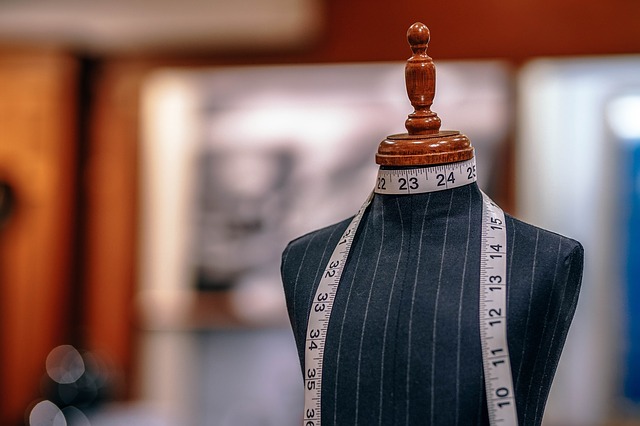For most teenage girls, shopping for clothes is as simple as popping into the nearest Forever 21 or Urban Outfitters, scanning the shelves for something they like, and selecting the right size.
I, on the other hand, a covering Muslim girl, consider myself lucky if I leave a store with a single article of clothing that isn’t see-through, scandalously short, or cut out in ten different places.
Admittedly, there are many criteria that the clothing must satisfy in order to adhere to the Islamic dress code, but it’s actually a very simple style to cater to.
My closet is full of garments that help to alter an outfit so it’s appropriate: light sweaters to cover my arms, short skirts to layer over tight pants, etc.
Still, it’s nearly impossible to find anything on the racks that I can wear outside of my own house. Nobody wants to be the misfit. To stand out from everyone else around you in such a noticeable way, clearly not complying with society’s expectations of a young woman, can be a vulnerable and uncomfortable situation to be in.
No Compromise
The reality is that in today’s society, the trends are centered around exposing as much skin as possible. If it’s not bare skin being glorified, it’s the figure of the wearer.
Every curve and crevice on the body is expected to be on full display in order to be considered good looking and up-to-date. Because Islamic standards and the latest fads are usually polar opposites, one of them must overrule the other.
For Muslim women, it is expected that we allow appearing attractive and stylish to be set on the back-burner.
There shouldn’t have to be a compromise; while it is true that practicing women will never fit the public’s expectations in terms of showing off the body, cute yet modest clothing can and should be far more accessible to the millions of Muslim women who live in the United States. We should be able to walk into a store and find wardrobe options to fit our lifestyle.
Many other women would benefit from the variety, as pants, tunics, flowing skirts, and long-sleeved shirts are not exclusive to Muslims.
The high school and college years are the periods in which most people care the most about fashion and keeping up with the latest trends. For this reason, schools without dress codes are alluring for most young people. I, myself, was initially excited by the prospect of wearing whatever I wanted to my new high school, having attended a middle school with fairly strict regulations.
In retrospect, however, I can see the wisdom behind having students’ clothes be indistinguishable. I often find myself wishing the expectations and judgments that are derived from what we wear would be eliminated by the implementation of a uniform.

‘I just can’t wear this!’
My non-Muslim friends often poke fun at me for committing fashion crimes such as wearing bootcut jeans paired with sneakers and wearing a loose shirt along with a scarf, which evidently makes me look “kinda bunchy.”
When we go to the mall together, I dread feeling like an outsider and hate the looks of pity I receive when I explain over and over why I can’t wear various outfits.
I can’t help but feel a little pang when I walk right past all the trendy stores where all of my friends from school shop, knowing I will never be able to find anything suitable in the rows upon rows of crop tops, skinny jeans, and mini skirts.
Instead, I shuffle into stuffy department stores where I am surrounded by middle-aged women, chunky sweaters, and baggy trousers. There is practically no in-between in the clothing industry when it comes to the tightness of clothing.
Shirts and pants, especially, are either extremely tight or laughably loose. More often than not, I’ll purchase an item one or two sizes too big so that the garment is modest, which inevitably results in it being too long and baggy in unnecessary areas.
So what can Muslim women do to change the situation? As consumers, we do have a voice that profit-driven retailers will listen to. The Verona collection–a Muslim-owned and operated brand that offers modest options–has made its way into Macy’s, a well-known American department store.
While this was certainly a breakthrough, it isn’t enough. Just as everyone else has countless different brands, styles, and sellers to choose from, we Muslim Americans deserve the same privilege. Teenage girls are known for being enthusiastic shoppers; if more mainstream stores delivered what the Muslim population required, the payoff would undoubtedly be economically beneficial.
It is important that we take this issue into our own hands as well as encouraging others to consider our needs. Within our community of covering ladies, there are designers and aspiring designers.
Rather than working for a conventional company and continuing to produce run-of-the-mill outfits, these talented individuals should strive to be inclusive in their designs, making sure they accommodate the consumers who so frequently get overlooked.
First published: July 2019

